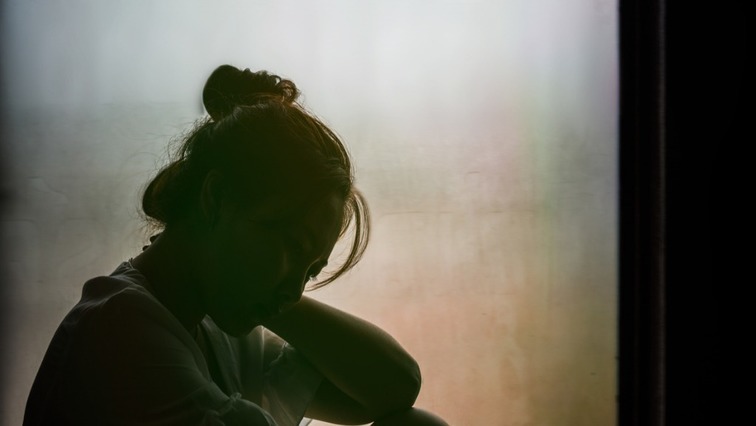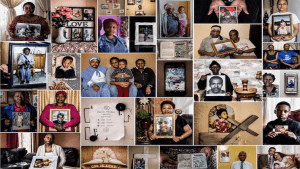A growing number of people are seeking mental healthcare; experts attribute this to the current economic hardships and people losing their loved ones to COVID-19.
The increased awareness of mental health problems has also resulted in people presenting at healthcare facilities seeking help.
Johannesburg resident, 46-year-old Tracy Price who suffers from bipolar disorder, shares her journey:
“It is very difficult to diagnose mental illness because you get so many different types. You get Bipolar 1 and you get Bipolar 2,” says Price.
Price from Weltevreden Park, west of Johannesburg suffers from Bipolar 2 disorder. She was diagnosed when she was in her early 20s. She’s had six nervous breakdowns and has been hospitalised three times. Price says Bipolar two sufferers struggle with depressive moods.
“Your moods can change within seconds. You can go from a high and you can go right down. Like on Friday morning I woke up and I was like, I felt kind of numb, I felt quite sad. I did not feel like doing anything and yet on Thursday I was so happy, I was so excited. And you do not know when is going to happen. You can’t just snap your fingers and say maybe if I can go see this person, I will feel happier or maybe if I got myself chocolate, I will feel happier, it does not work like that. You kind of like have to ride it out,” says Price.
Effects of COVID-19 on mental health with Clinical Psychologist, Prof. Saths Cooper
In 2019 she quit her corporate job because she could not do it anymore. She would feel so overwhelmed by the task and this made her very anxious. She also started developing withdrawal symptoms.
“You withdraw and it is not something that you do on purpose, it’s just that you tired, and you are so scared. A big part of what Bipolar, a big part of what I suffer from, is fear and that is also linked to anxiety. You actually are scared. You get this feeling that comes over you and you do not know what to do. That is why you crawl under the covers, or you just hide away from people and do not want to socialise with anybody,” says Price.
According to the Gauteng Health Department, at Helen Joseph hospital alone – as of January this year – the hospital treated 876 patients at the Emergency unit compared to 80 in January last year. The increase in mental health patients is attributed to a number of factors, including socio-economic hardships which have been aggravated by the COVID-19 pandemic and large-scale use and abuse of illegal substances.
Professor Renata Schoeman is a Psychiatrist and head of the MBA in Healthcare Leadership at the Stellenbosch Business School.
“I might not even necessarily have a depressed mood but if I lose interest and joy in the things that I used to enjoy and loved doing and my motivation and drive are decreasing that is a red flag. Now that, in combination with changes in my sleeping patterns, changes in my appetite, changes in my thought processes I become more negative or even start to question the value of life and consider suicide,” says Schoeman.
Shocking statistics
Last month, the South African Depression and Anxiety Group (SADAG) during Teen Suicide Prevention Week – revealed shocking statistics which showed that of all deaths reported by academic hospitals in the country, 8% were teen suicide-related, the leading cause being depression.
Schoeman says more resources should be made available and awareness campaigns intensified to deal with the scourge
“We know that the health care system in the country is overburdened, never mind mental health services. And there is a very small portion of the health budget allocated to mental health care services. The public sector alone cannot provide. There are not enough training positions available, there is no budget allocated to training. All of us have a responsibility,” says Schoeman.
GCIS, SADAG webinar on destigmatising men’s mental health
Capacitate health care facilities
Gauteng Health MEC Dr. Nomathemba Mokgethi says they are doing everything they can to capacitate health care facilities to be able to accommodate the increasing numbers of mental health care patients.
“The provincial government is making efforts to ensure that all health facilities are up to standard. Dr. Mokgethi visited the newly opened Psychiatric ward at the Bheki Mlangeni District Hospital in Soweto. The increase in the number of beds at this hospital will help to ease the pressure in the system,” says Kwara Kekana, Gauteng Health spokesperson.
Price says she would like to see society be more supportive and tolerant of people with mental illness.
She wants to one day become an inspirational speaker to be of hope and encouragement to those who feel alone and isolated.





